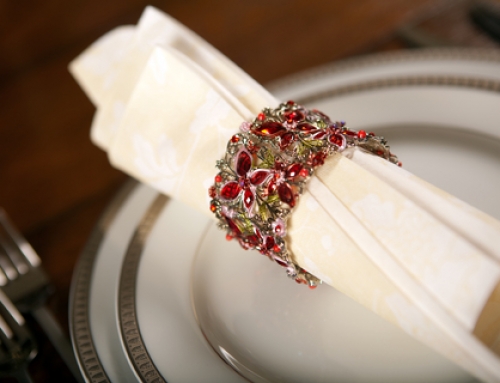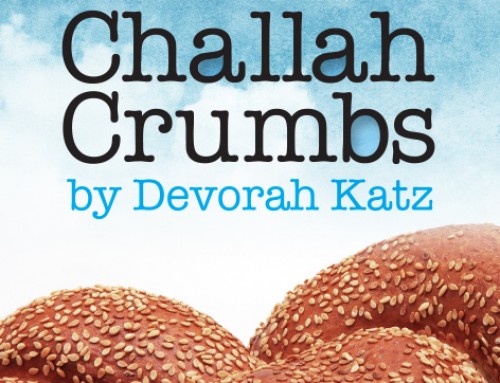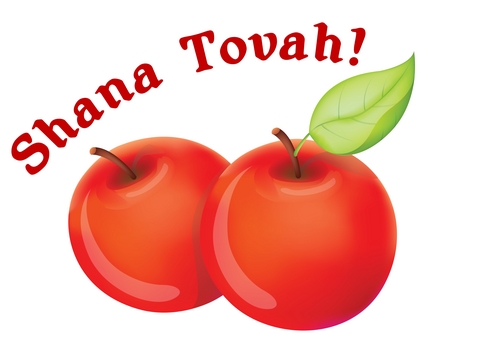In this week’s parsha, the butler, 2 years after his release from jail, finally remembers to tell Pharaoh about Joseph. After no one succeeds in interpreting Pharaoh’s dreams, the butler tells him about Joseph who interpreted his and the baker’s dreams successfully.
But the butler describes Joseph in a disparaging way when he calls him the “Hebrew slave boy”.
Rashi, the most famous commentator, quotes our sages who show us that each phrase was a put-down line for Joseph:
Youth = He’s just a boy! He’s not ready for leadership…
Hebrew = He’s not one of us! He doesn’t even speak our language.
Slave = He cannot rule or even wear royal clothing!
Why would the butler be so mean, when the whole point of mentioning Joseph (we thought) was to help him! Is he a friend or not?
What do you think is going on here?
Often, we help people, but we really don’t want them to succeed…too much. The butler wants to pay back Joseph, but he’ll be jealous if Joseph is given some royal position. So, he tries to introduce him in a way that will ensure he never gets too far.
Are we ever “guilty” of doing the same? Have you ever helped out someone, but within that moment or act of kindness or generosity, you held back a little or made sure to keep the person “in his place”? Think about whether the times we help people and do admirable “random acts of kindness,” our hearts are pure and wholly good.







Leave A Comment